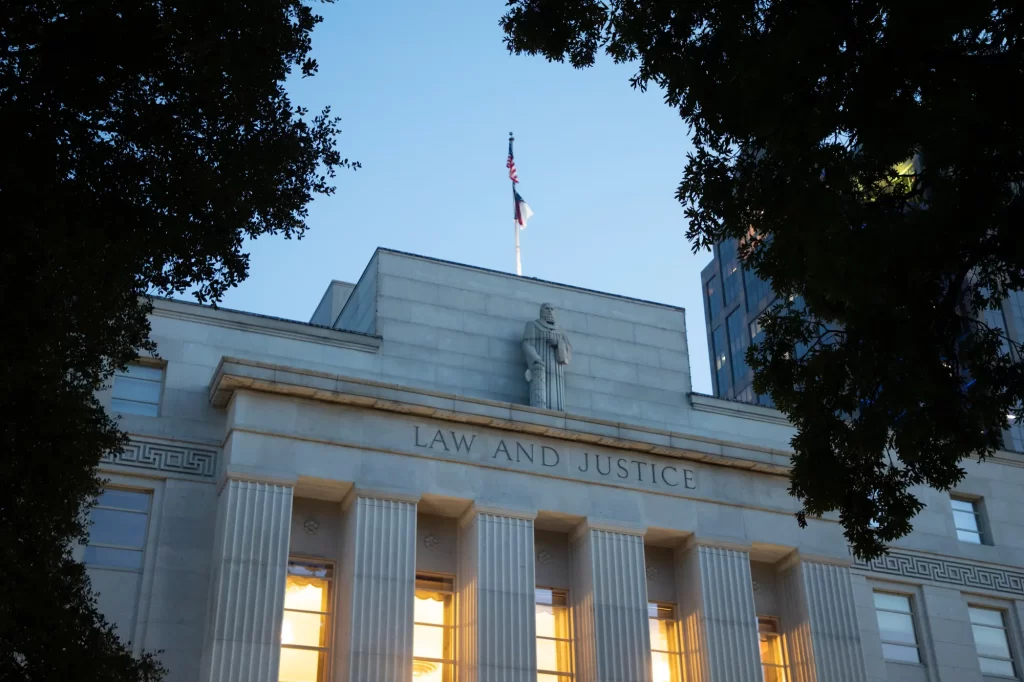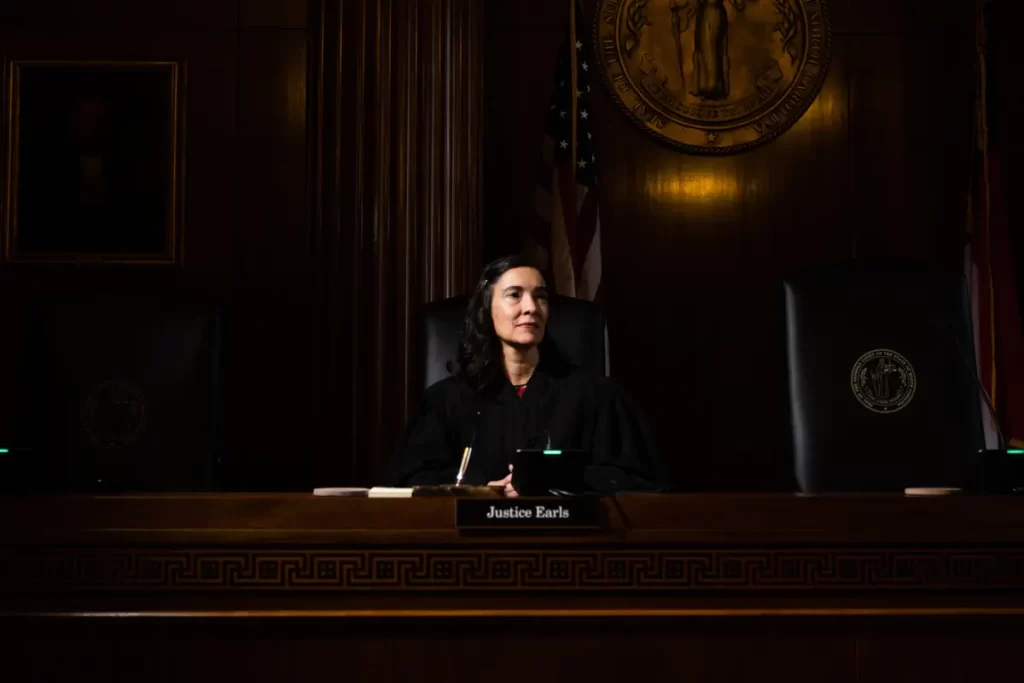In a series of clandestine decisions last fall, the North Carolina Supreme Court quietly dismissed disciplinary action against two Republican judges who had admitted to violating the state’s judicial code of conduct. The court’s majority-Republican bench rejected recommendations from the Judicial Standards Commission to publicly reprimand the judges, providing no public explanation for their decisions, which are mandated by state law to remain confidential.

The two judges in question, Lori Hamilton and Caroline Burnette, had faced investigations by the commission for separate incidents. Hamilton had ordered, without legal justification, that a witness be jailed, while Burnette had escalated a courtroom argument with a defendant, leading to a police officer fatally shooting the defendant. Both judges had stipulated to violating the judicial code during the commission’s investigations and hearings process.
The Supreme Court’s decisions to shield Hamilton and Burnette from public discipline appear to be the only instances in more than a decade in which the court did not follow the commission’s recommendations for punishment. These actions come amidst growing accusations of political influence and partisan disputes within North Carolina’s judiciary.
North Carolina stands out as one of the most secretive states in America when it comes to disciplining judges. Only three states, including North Carolina, and the District of Columbia release information about judicial misconduct cases solely after the Supreme Court orders discipline, the last possible stage of the process.

Experts argue that while some confidentiality may be necessary to protect private or personal information, North Carolina’s level of secrecy can conceal wrongdoing. Once a disciplinary commission finds misconduct, they say, the case should become public.
The Supreme Court’s handling of the two Republican judges’ cases comes at a time of heightened partisan tensions within the state’s judiciary. Justice Anita Earls, the court’s lone Black justice and a Democrat, recently sued the commission after it launched an investigation into comments she made suggesting that Republican justices were influenced by conservative ideology. Earls defended her remarks as free speech.
The commission’s investigation into Earls followed her public criticism of Chief Justice Paul Newby and other conservative justices for refusing to address the lack of diversity in the state’s court system. Earls revealed that Newby had effectively killed the court’s Commission on Fairness and Equity and ended implicit bias trainings for judges.
Sources knowledgeable about Newby’s or the commission’s actions told ProPublica that the chief justice encouraged the investigation into Earls, despite having faced a confidential verbal warning himself in 2019 for making similar statements accusing Democratic justices of bias.
The commission ultimately dropped its investigation into Earls in January 2024, following public outcry and accusations from Democratic lawmakers that the probe was “a political hit job.”
Former Republican Justice Bob Orr, who left the party in 2021 after criticizing former President Donald Trump, said that partisan disputes over the judicial standards process have intensified in recent years. He called for a major overhaul of the system to deal with the current political atmosphere and emphasized the importance of all decision-makers in the process acting in a nonpartisan way to increase trust in the judicial system.
As the North Carolina Supreme Court continues to navigate partisan battles and accusations of bias, the secretive handling of judicial misconduct cases underscores the need for increased transparency and reform in the state’s disciplinary process. Without public accountability, experts warn, the potential for wrongdoing and erosion of public trust in the judiciary remains high.
Credit: Propublica



